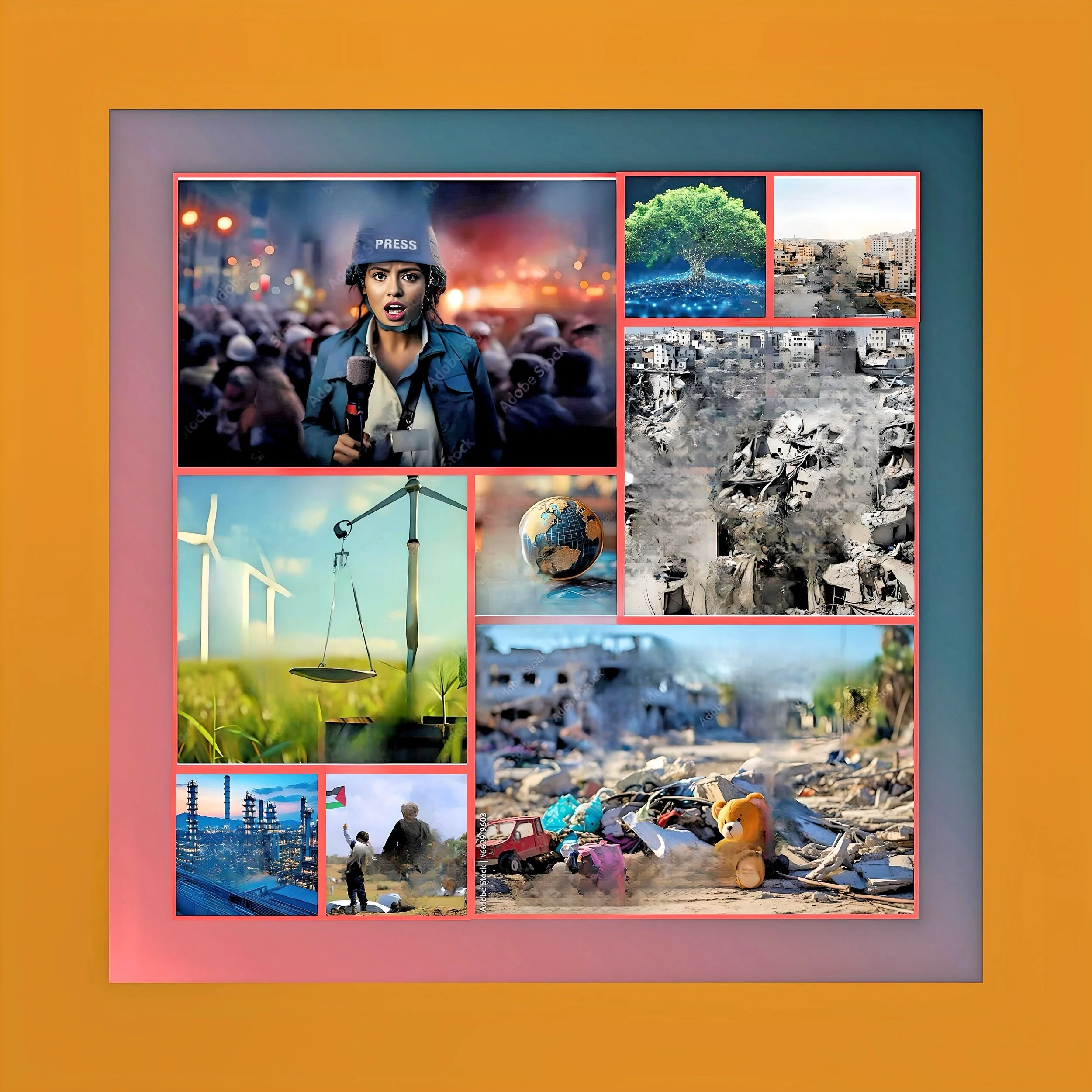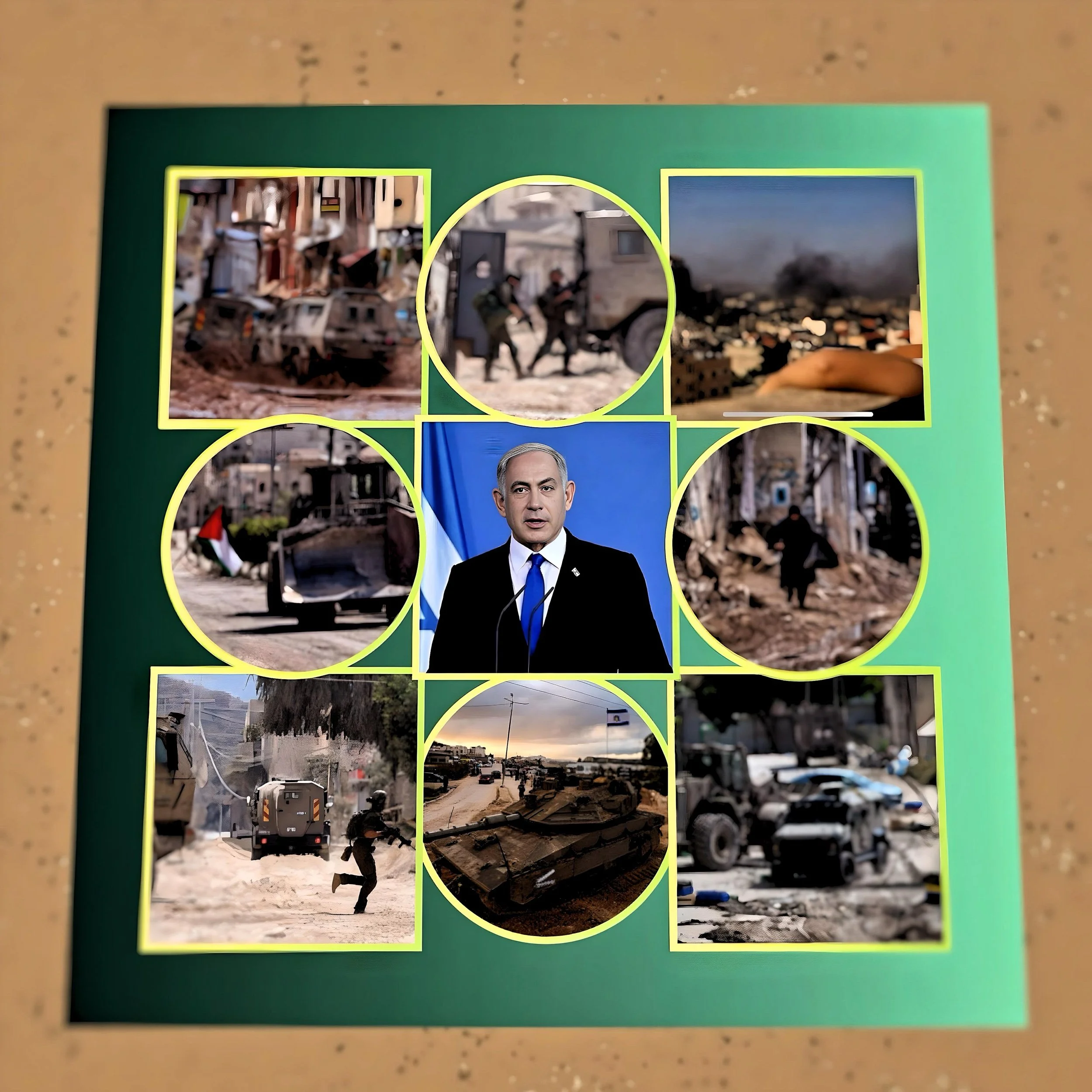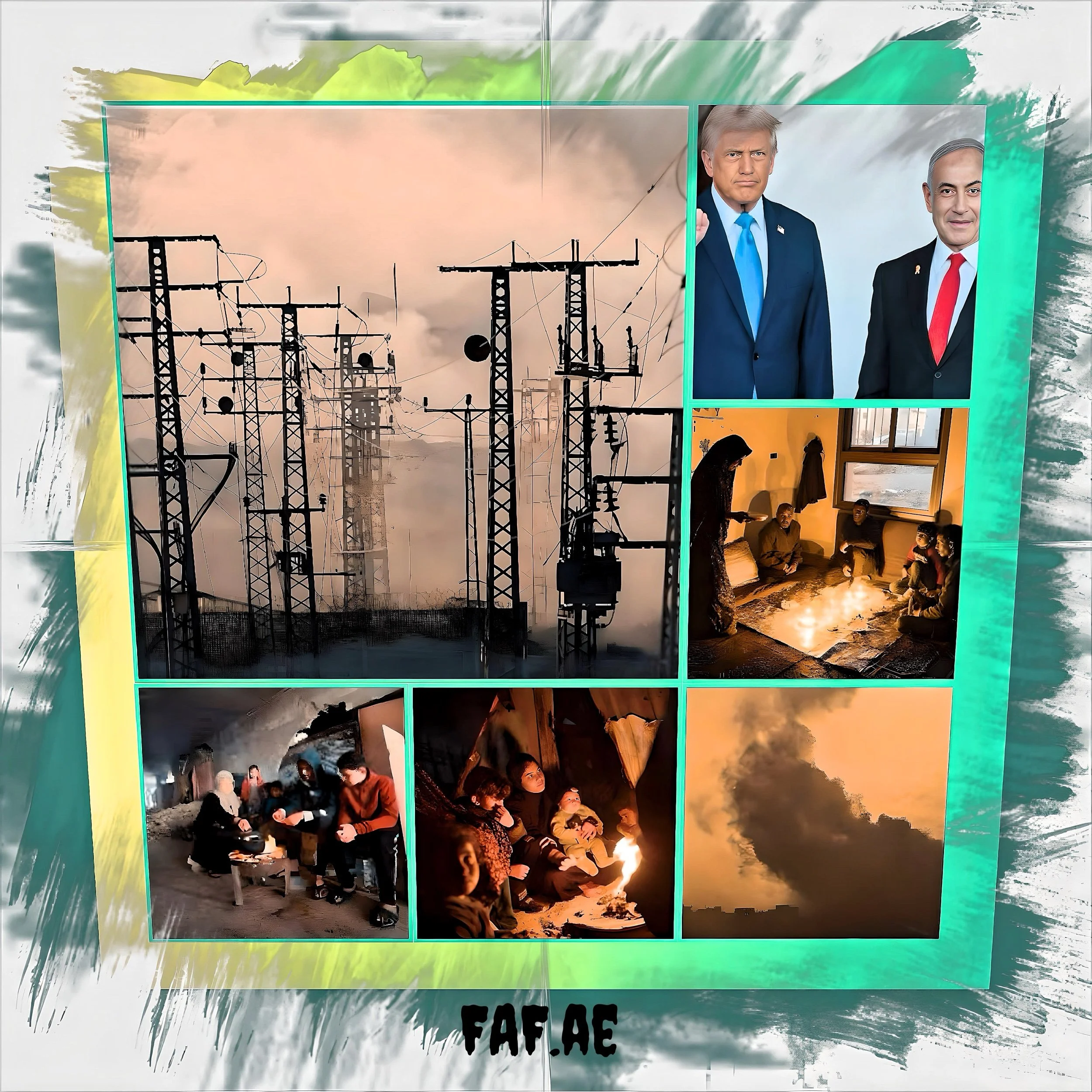Defeat of western myth - Who were the real hero’s?
Introduction
The conflict in Gaza has exposed deep-seated flaws in Western narratives and assumptions about the Israeli-Palestinian conflict, challenging long-held beliefs and revealing uncomfortable truths about media bias, human rights, and global power dynamics.
Exposing Media Bias
Western media coverage of the Gaza conflict has consistently demonstrated a significant bias favoring Israeli perspectives while marginalizing Palestinian voices and experiences.
This imbalance is evident in several ways
Disproportionate focus on Israeli casualties compared to Palestinian ones
Adoption of Israeli framing and narratives without sufficient scrutiny
Underrepresentation of Palestinian perspectives and voices
Lack of adequate historical and political context
This biased coverage has led to a skewed public perception of the conflict, obscuring the true scale of the humanitarian crisis in Gaza and reinforcing existing prejudices.
Challenging the Myth of Western Moral Superiority
The Gaza conflict has starkly exposed the hypocrisy of Western claims to moral leadership and commitment to human rights:
Western democracies have continued to support Israel’s actions in Gaza despite widespread civilian casualties and destruction
The failure to intervene effectively to protect Palestinian civilians has undermined the West’s self-image as a guardian of human rights and international law
The conflict has highlighted the selective application of principles like “right to self-defense” and “proportionality” in international relations
Shattering Illusions of Progress
The ongoing violence in Gaza has challenged several long-standing assumptions about the Israeli-Palestinian conflict and the broader Middle East
The myth of Israel’s invincible military might has been questioned
The supposed diminishing relevance of the Palestinian cause has been disproven by global protests and renewed attention to the conflict
The effectiveness of the “Abraham Accords” and other diplomatic initiatives in achieving lasting peace has been called into question
Exposing Global Power Dynamics
The conflict has highlighted the stark disparities in global power structures and their impact on international relations
The ability of Israel to conduct military operations in Gaza with minimal international intervention reveals the limitations of global governance mechanisms
The polarization between countries of the global North and South on this issue has become more pronounced
The conflict has exacerbated existing tensions within Western societies, particularly around issues of immigration and minority rights
Conclusion
The Gaza conflict has served as a powerful catalyst for challenging established narratives and exposing the contradictions inherent in Western approaches to the Israeli-Palestinian conflict.
It has forced a reevaluation of media practices, human rights commitments, and global power dynamics, shattering long-held myths and demanding a more nuanced and honest engagement with the complexities of the situation.
Conclusion
As the world grapples with the aftermath of this conflict, there is an urgent need for more balanced reporting, greater accountability, and a renewed commitment to addressing the root causes of the Israeli-Palestinian conflict.
FAF additional review
The ongoing conflict in Israel and Palestine has opened the hearts and minds of many, prompting a deeper reflection on our collective humanity. The Western world has witnessed a troubling display of misinformation, silence, and moral complexity, leaving many feeling a sense of helplessness. In this moment of turmoil, we must recognize the voices of those caught in the crossfire—those who suffer yet remain steadfast in their ancestral lands.
It’s understandable to feel apprehensive about how to engage with this situation—many of us wonder what others might think or fear the implications of our involvement. The silence surrounding Gaza is deafening, as we collectively grapple with discomfort and uncertainty. We often find ourselves asking, "What is happening? What is the latest news?"
In our conversations, we’ve noted the stark imbalance of information, where the narratives crafted by some media sources overshadow the genuine cries of those who have been silenced. Despite the unbearable pain and loss, the resilience of the people in this region is a testament to their strength and courage.
It’s important to acknowledge the mixed emotions felt by those who have experienced historical traumas. While some may feel a sense of victory, there are countless lives affected by the ongoing strife. The true heroes in this story are often the individuals who endure the hardships of a fractured nation, holding onto hope amid despair.
We do not aim to take sides but to encourage empathy. Imagine if a force greater than yourself were to come and take away your home, your family, and your sense of security. This is an experience that transcends borders and must be understood from both sides.
Let us hold space for both communities in our prayers, wishing for peace and healing. History is a relentless teacher, and we must remember that all actions—good or bad—leave an indelible mark. God sees every act against humanity, irrespective of identity or background.






